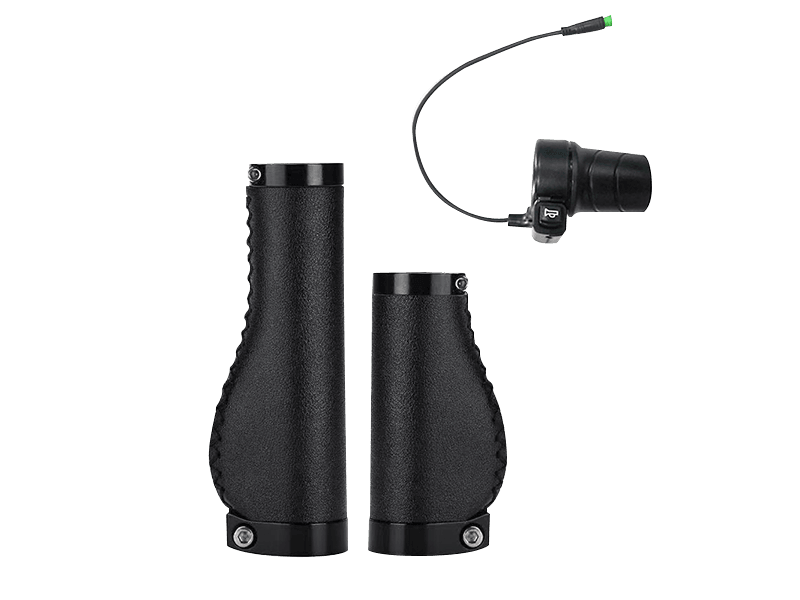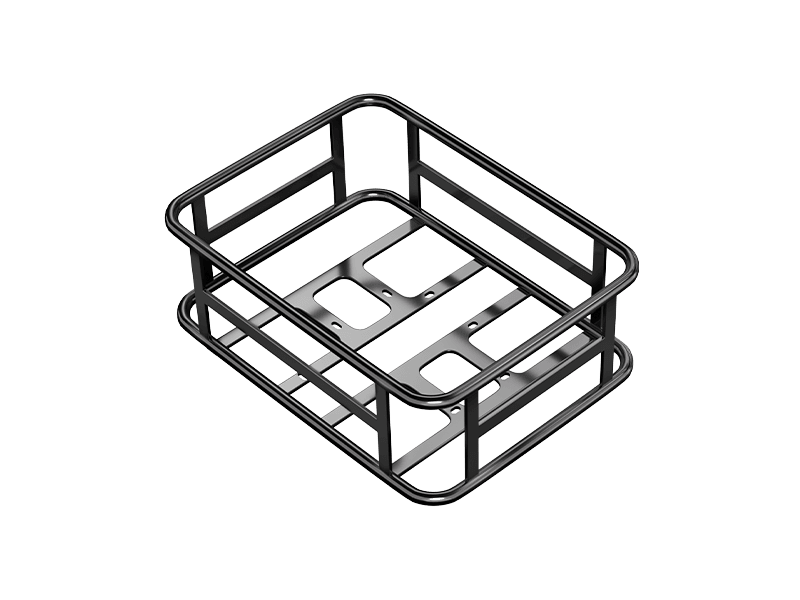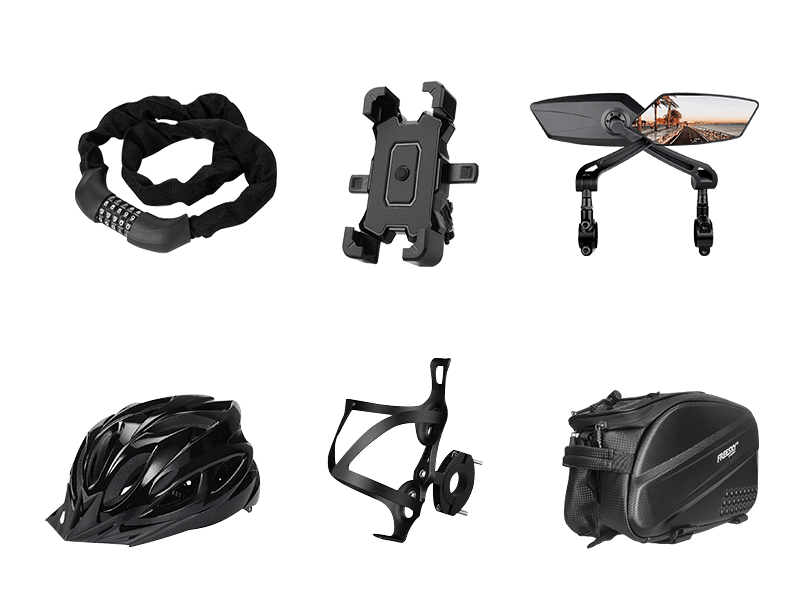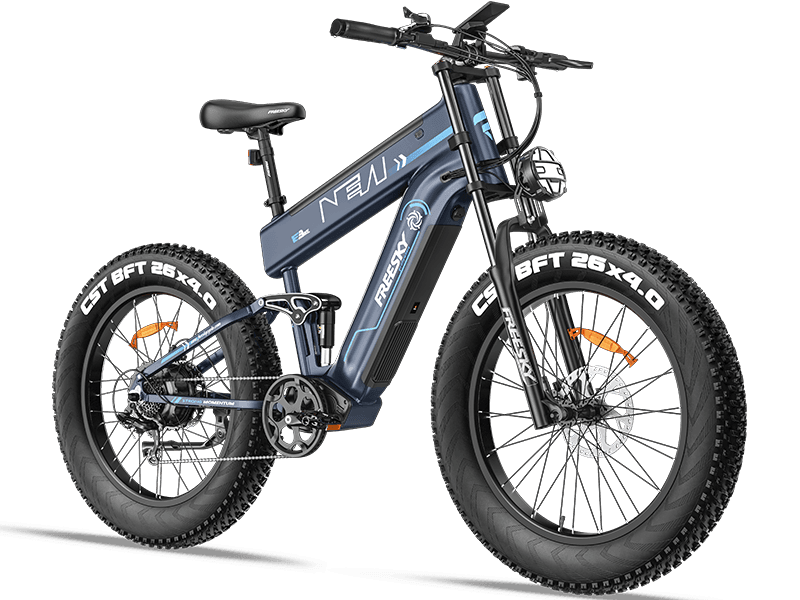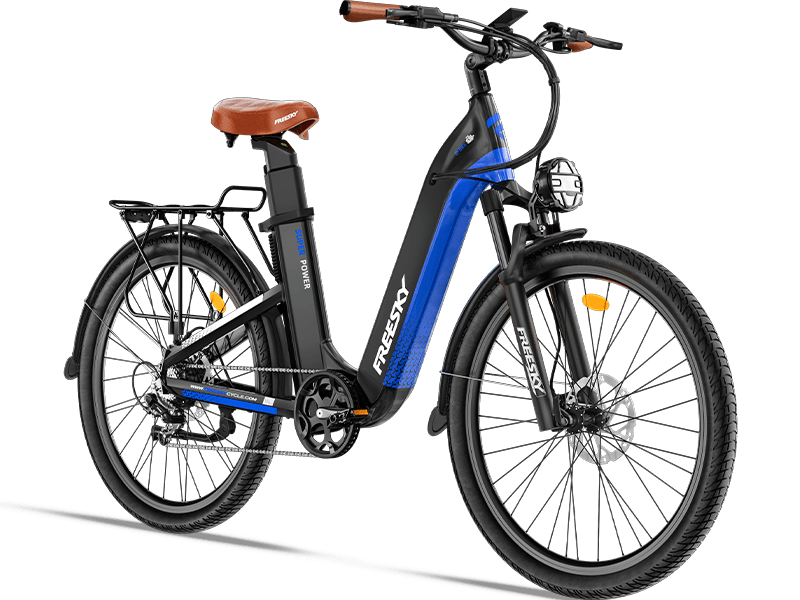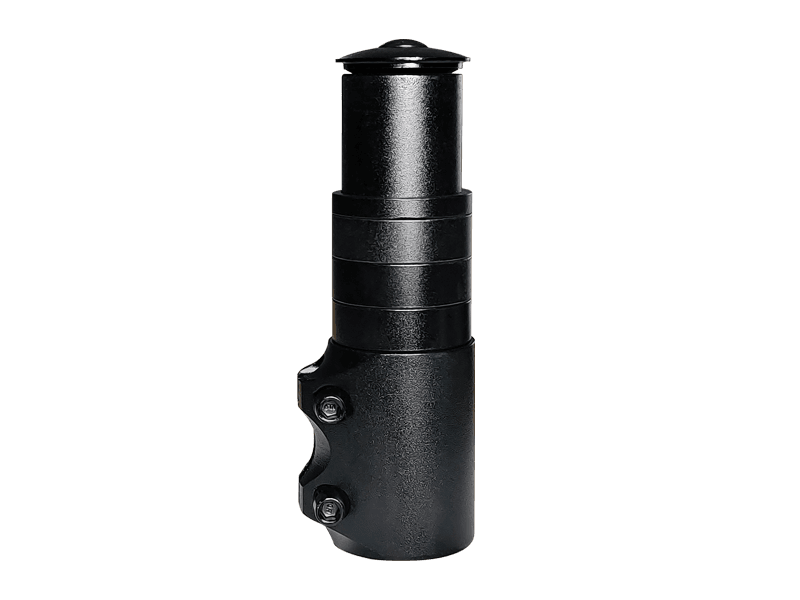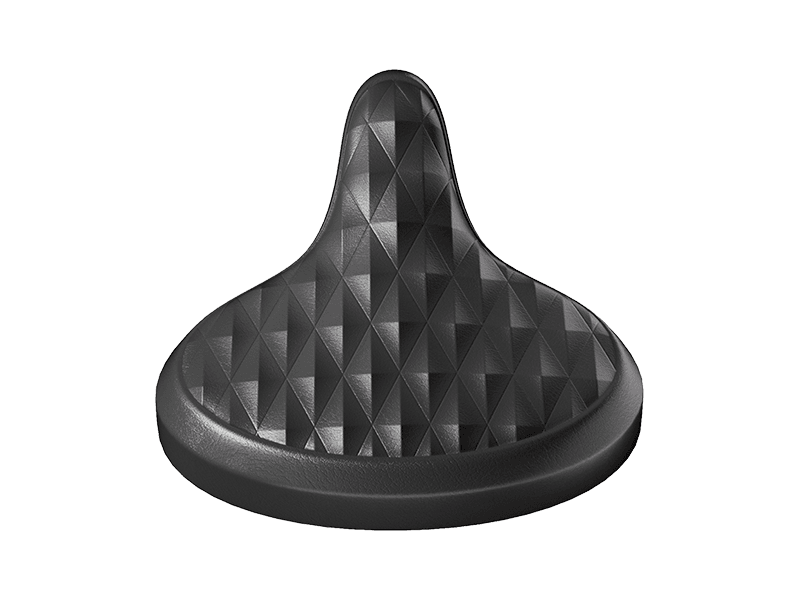How We Test Electric Mountain Bikes
JUN 13, 2025
Choosing the right electric mountain bike isn’t just about technical specs — it’s about how the bike performs on the trail, in real British conditions. At Freesky, we believe that rigorous, real-world testing is the only way to ensure our e-MTBs deliver the performance, control, and comfort UK riders expect — whether you're navigating the chalky climbs of the South Downs or tackling forest descents in the Lake District.
Here’s how we test.
🧑🔧 1. Built by Riders, Tested by Riders
Our evaluation is led by a team of experienced mountain bikers who know British trails inside and out. Each bike is ridden repeatedly over several weeks, by multiple riders with varying styles and weights, to build a well-rounded understanding of performance across trail types.
From technical singletrack in Wales to the flowing bridleways of the Peak District, our testing spans a broad range of British terrain. Every test ride is followed by detailed rider notes, focusing on handling, responsiveness, comfort, and battery performance.
🎛️ 2. Rider Interface: Controls and Display
Your interaction with an e-MTB goes beyond the pedals — the controls matter. We assess:
-
Handlebar controls: Are they intuitive and glove-friendly?
-
Digital displays: Is the screen easy to read in low light or drizzle?
-
App connectivity: How simple is it to adjust assist levels or view diagnostics?
-
Charging interface: Can it be accessed easily after a muddy ride in the woods?
These everyday usability factors can make or break your ride — especially when you’re halfway up a wet trail in the Yorkshire Dales.
⛰️ 3. Climbing: From Rolling Hills to Technical Ascents
Whether you're grinding up a fire road in the Scottish Borders or easing your way up rocky ascents in Snowdonia, climbing performance is key. We test:
-
Motor torque and power delivery
-
Bike weight balance and rider position
-
Traction and pedal response on varied surfaces
Real climbs on real terrain — not just lab simulations.
🧭 4. Downhill Handling and Suspension Performance
We descend. A lot. From fast-flowing descents in Surrey Hills to technical drops in Grizedale Forest, our test trails cover:
-
Geometry and balance at speed
-
Suspension responsiveness
-
Component reliability under load
Back-to-back descents on the same trail help us compare bikes under consistent conditions, giving us clear insights into what performs — and what doesn’t — on British descents.
⚡ 5. Power Output and Assist Feel
While UK regulations limit assistance to 25 km/h, how the power is delivered makes all the difference. We look at:
-
Smoothness of assist transitions
-
When the power kicks in and cuts off
-
Torque feel under climbing load
-
Consistency between support levels
Some motors respond almost instantly, while others lag — our testers feel the difference within the first few pedal strokes.
🔋 6. Real-World Range Testing
We don’t just estimate range — we ride it. Our standardised test loop simulates typical British mixed terrain, from steep woodland climbs to mellow open trails. Each bike is ridden repeatedly at full support until the battery is depleted.
We also conduct long-format rides — think all-day circuits in the Brecon Beacons — to see how bikes hold up in variable weather, trail debris, and elevation changes.
🔧 7. Durability in British Conditions
We ride in mud. We ride in rain. We ride when it’s cold, damp, and slippery — because that’s what riders in Britain face most of the year. Over weeks of testing, we assess:
-
Frame and component wear
-
Battery stability and water resistance
-
Post-ride maintenance requirements
-
Cable and control protection in rough weather
Our goal is to find the bikes that hold up — not just under perfect conditions, but during a typical British winter ride.
Freesky’s Commitment to Performance
Our flagship models — the Warrior Pro and Alaska Pro — are built to excel across British terrain. Both have been put through the full testing cycle. Here’s what makes them stand out:
-
Warrior Pro: 48V 30Ah UL2271-certified Samsung battery; built for powerful off-road climbing and sustained output
-
Alaska Pro: 48V 41Ah UL2271-certified high-capacity battery; long-range support for endurance rides
-
Both models are tested under real British trail conditions — and optimised for long-term reliability
Summary Table: Freesky’s eMTB Testing Approach
| Test Area | What We Measure | Why It Matters |
|---|---|---|
| Climbing | Torque, balance, traction, geometry | For tackling British hills and technical climbs |
| Descending | Handling, suspension, braking | To inspire confidence on loose, wet trails |
| Range | Mixed-terrain loop with repeated laps | Reflects real-life performance, not theory |
| Controls & Display | Visibility, usability, water-resistance | Essential for all-weather UK riding |
| Power Output | Transition smoothness, responsiveness | Determines ride feel and support reliability |
| Durability | Resistance to grit, rain, and cold conditions | Ensures performance year-round in Britain |
Trail-Tested and Rider Approved
Our promise: we ride it before you do. Every Freesky e-MTB undergoes hands-on evaluation here in Britain to ensure it handles not just the specs — but the reality of British riding.
Ready for the next ride? Freesky is.


